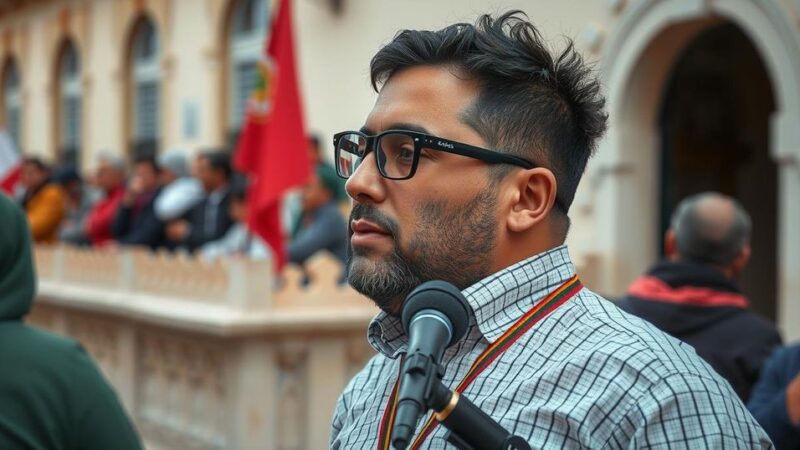Vietnam’s move to establish international financial centers in Ho Chi Minh City and Đà Nẵng is receiving international recognition, notably from Argentine media, which highlights the nation’s GDP growth, stock market performance, and strategic geographical advantages. The initiative signifies a pivotal shift in Vietnam’s economic strategy, aiming to enhance its presence in global finance while improving urban infrastructure.
Vietnam’s strategic initiative to establish an international financial center in Ho Chi Minh City has garnered noteworthy acclaim from the Argentine media, recognizing it as a significant advancement in the country’s economic development trajectory. The government’s plans extend beyond Ho Chi Minh City, with aspirations for a regional financial center in Đà Nẵng. It is imperative for local authorities to collaborate effectively with relevant stakeholders to ensure the successful realization of these ambitious targets.
Infobae, a prominent Argentine online publication, emphasized Vietnam’s robust potential for the development of these financial institutions. Highlighted factors include the nation’s GDP of approximately $470 billion, classifying it among the world’s top economies, alongside an ambitious growth target of 8 percent for 2025 and aspirations for continued double-digit growth in ensuing years. The country’s stock market has also displayed impressive performance, with total capitalization exceeding $283 billion in 2024.
The integration of Vietnam into the global economy is underscored by its establishment of 17 free trade agreements across 65 nations. Despite experiencing global economic challenges, Vietnam achieved an estimated trade turnover of $800 billion last year. Infobae noted the nation’s favorable environment, mentioning its political stability, social harmony, and peaceful living conditions.
Furthermore, Vietnam’s strategic location in Southeast Asia enhances its attractiveness as a financial hub, particularly in a region characterized by growth and innovation. The recent inauguration of Ho Chi Minh City’s first metro line marks a pivotal improvement in urban infrastructure, addressing the transportation needs of the city’s nearly 9 million inhabitants.
The establishment of international financial centers is part of Vietnam’s broader economic strategy aimed at enhancing its global financial presence and fostering economic growth. Ho Chi Minh City, as the nation’s economic hub, serves as the primary focus for this development, while Đà Nẵng is being positioned for regional innovation. This reflects a response to global economic trends, emphasizing collaboration and coordination among local authorities to reach predefined goals.
In conclusion, Vietnam’s decision to develop international financial centers in Ho Chi Minh City and Đà Nẵng is a significant step towards enhancing its economic landscape. The praise from Argentine media highlights the nation’s potential, driven by strong GDP growth and favorable trade conditions. As Vietnam strengthens its financial infrastructure, the prospects for economic advancement and regional integration appear promising, benefiting from the country’s political stability and strategic location.
Original Source: vietnamnews.vn







